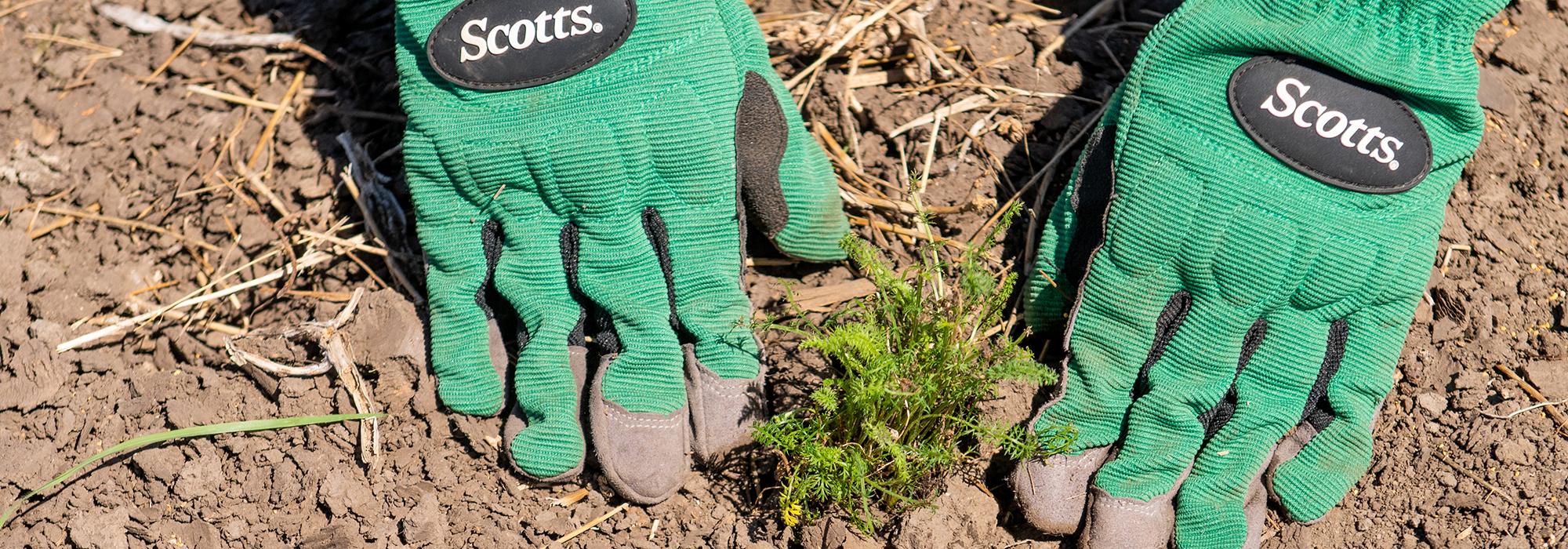- Sustainability at NIU
- Get Involved
- Green Living Guide

Green Living Guide
NIU is committed to promoting responsible stewardship of resources and the environment. Our Green Living Guide includes easy-to-implement actions designed to reduce our ecological impact. It will help faculty, staff and students use more sustainable practices on and off campus.
Home
Reduce and Reuse
- Reuse envelopes, advertisements and used paper for notes.
- Share magazines and books.
- Wash and reuse dishware and utensils when possible. Avoid disposable/overly packaged products.
Save Water
- Report or replace leaky faucets/showerheads. Install a low-flow showerhead, if possible.
- Take shorter showers. Don't run the water before getting in. Turn off the shower/faucet when lathering, shaving or brushing your teeth.
- Use a refillable water bottle. Fill it at home or a campus hydration station.
- Wash only full loads of laundry. Use cold water and air dry when possible.
Save Energy
- Use natural light when possible. When you can’t, use compact fluorescent bulbs or LED lights.
- Close window shades in the summer to keep out heat. In winter, open them during the day to let heat in.
- Set your computer to enter sleep mode when not in use and turn it off overnight.
- Unplug appliances/electronics when not in use and unplug your charger once your phone is charged.
- Don't use power strips to turn on your computer and desk equipment at the same time.
- Turn off unnecessary electrical devices when you leave a room for more than 10 minutes.
- Turn off and defrost your refrigerator over long breaks/vacations.
Dining Hall
- Eat locally grown food when possible.
- Take only what you will eat and limit the use of paper napkins to reduce waste.
- Dispose of waste in the correct container. Ensure recyclables are free of food/liquid.
Store
- Buy environmentally safe cleaning products.
- Buy locally grown produce and products made in the U.S. to help save fossil fuels.
- Buy recycled and/or durable products instead of disposable items.
- Buy used furnishings, books and clothes instead of new items.
- Carry a tote bag so you don't have to use a plastic bag.
- Check plastic items to make sure they’re labeled 1-7 and are recyclable.
Office/Workplace
- Bookmark webpages instead of printing them for research.
- Edit on-screen, not on paper, and use email to minimize paper use.
- Use electronic platforms like the NIU event calendar to advertise events instead of paper posters.
- Use both sides of the paper when printing/photocopying. Use the low-quality setting to save ink when possible.
Classroom
- Read assignments digitally when possible and don’t print unnecessary items.
- Print assignments on both sides of the paper or submit them electronically, if OK with the professor.
- Rent books or buy used books when possible.
- Use your laptop or a refillable binder instead of a notebook. Use recycled paper and take notes on both sides.
Laboratory
Students
- Use the smallest possible amount of chemicals by following instructions and measuring precisely.
- Prepare chemical waste for disposal following provided instructions. Don’t pour hazardous chemicals down the drain.
- Reuse solvents when cleaning glassware. Use fresh solvent for the final rinse only.
Instructors
- Ensure chemicals are clearly and properly labeled.
- Provide students with proper waste minimization and disposal instructions.
- Design experiments to minimize hazardous chemical waste. Replace toxic reagents with less hazardous substances.
- Order reagents in exact amounts to avoid leftovers and distill/recycle solvents for use in demonstrations.
Art/Photography Studio
- Use nontoxic, biodegradable art supplies, including water-based paints.
- Modify spray-painting techniques to minimize over-spray.
- Use biodegradable, nontoxic cleaners, such as lavender oil for cleaning brushes. Reuse cleaning solvents, using fresh solvent for the final rinse only.